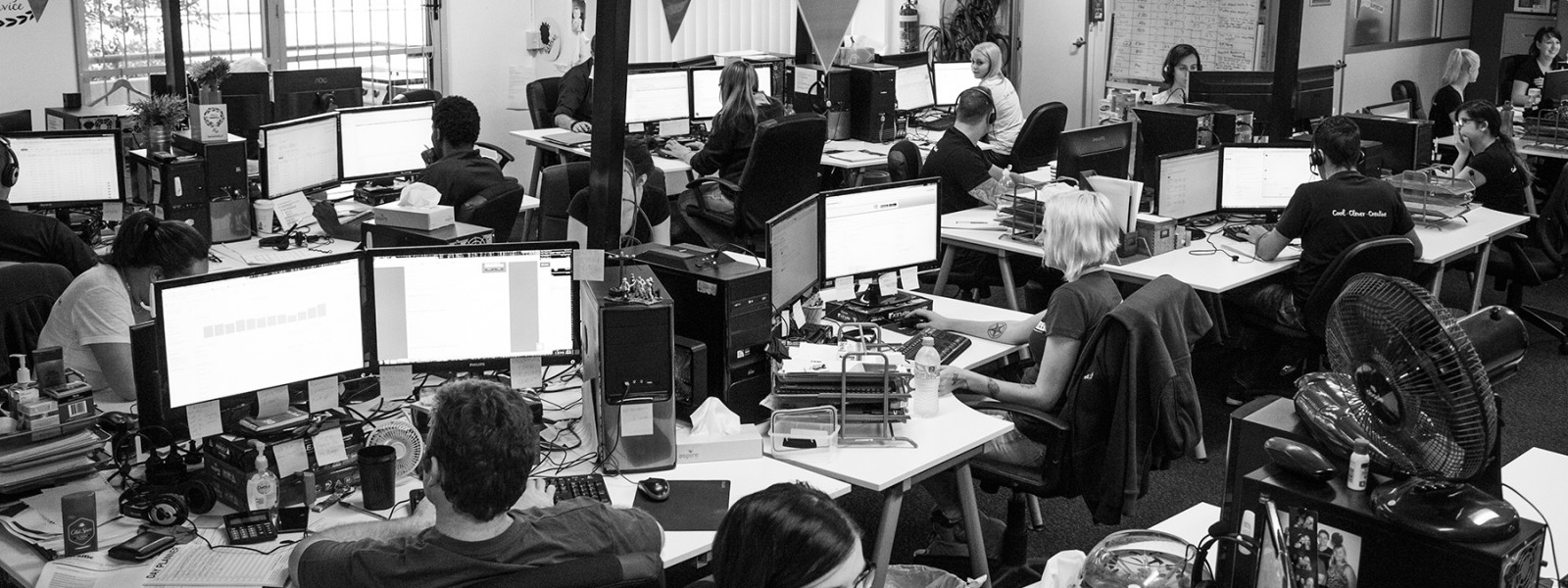-
Traffic
Get More Traffic
SponsoredLinX offers a number of different services to help drive more qualified traffic to your website. Google Ads Management Search Engine Optimisation Microsoft Ads Facebook Advertising Google Ads Mobile“SponsoredLinX are a rarity in today’s market place, they promise a lot but deliver more. Our business has grown by over 400% in one month; we are amazed at the difference they have made.”
-
Conversion
Convert More Leads
Our second step is making sure that your website is able to convert the traffic you receive into leads for your business. Optimising your website to convert more leads is important to a profitable campaign. Web Development Convertopages Do It For Me eCommerce“I just want to say thank you! The changes that you have applied in our AdWords campaign have definitely seen an improvement on click quality and sales for HippityHop.”
-
Retention
Retain Your Customers
As you build up a customer base you need to make sure to keep engaged and retain your relationship. Facebook Management LinX App“SponsoredLinX fully redesigned our main company website with a fresh, clean and professional look. The ‘Google friendly’ web design were part of the fantastic ongoing service we received.”
The SMEs of the Future
 The importance of technology and its impact on everyday items, such as computers and phones as we know them today, is predicted to completely change in 30 to 40 years’ time. In fact, everyday items we use as second nature could completely change. But will it ever actually happen, or, is it all gossip? Here we take a look at some of the rumours flying around and how these new technologies could change our lives forever.
The importance of technology and its impact on everyday items, such as computers and phones as we know them today, is predicted to completely change in 30 to 40 years’ time. In fact, everyday items we use as second nature could completely change. But will it ever actually happen, or, is it all gossip? Here we take a look at some of the rumours flying around and how these new technologies could change our lives forever.
Hologram Technology
Imagine Holograms integrated with our environments, whether it is in our homes or our work places, or even our cars (more on this soon). The Microsoft HoloLens, and similar technology could change the way we interact with computers. It could create new ways for people to communicate with each other, which will mean new ways to do business. It’ll mean new ways to learn. Think of what this technology can do for distant learners.
Telecommuting
Telecommuting could also be on the horizon. Admittedly, sometimes that face-to-face contact can’t be replaced, or can it? With hologram technology, meetings can still take place in the comfort of your remote work location. An article written by Kristen Robb in Smart Company even puts to readers the ideas of work centres, used by a multitude of companies, where workers can go and still perform the work they need to do, instead of work offices. But taking this a step further, if hologram technology really is all it is reported to be, why the need for work centres when people can work from home? With hologram technology, the daily grind commute will no longer be necessary as meetings can still take place, people can still interact with their colleagues, but all remotely. Think of the environmental impacts this could have! Think of how public transport costs will decrease. It’d mean lower maintenance fees due to less traffic and less use. With lower costs for authorities (*gasp*) our taxes could be used for better services!
Driverless Cars
There are some of us though that, without doubt, will still need to make the commute to and from work. So where is technology of the future taking us in this regard? Take a look at the driverless cars that Google and Apple (rumour-mill) are playing with – what will this mean for the worker? Will the work day start when they get in the car instead of when they get in the office? If we’re going as far as driverless cars which have pre-determined destinations, it’s entirely plausible to have those cars fitted out with work areas, computers and teleconferencing capabilities.
Alternative Currencies
New alternative currencies will become main-stream. Bitcoin is already widely known, and is increasing in the number of people who utilise it. Trust amongst the masses for Government and NGOs has never been at a lower point in modern times than now. People are looking for new solutions and if they’re not offered them, they will go out and find them. Your target audience is the common consumer and, if they revolt against the way things are currently being done and begin to embrace alternative currencies, you had better hope that your business is ready to adjust.
It’s fun imagining a world and a way of life similar to the cartoon world of The Jetsons… okay so maybe not that far, but you get my drift. But I am all for technologies which make life a little easier. Undoubtedly technology, the internet of things, constant connectedness; we’re moving in a direction where science fiction is quickly becoming science fact.

